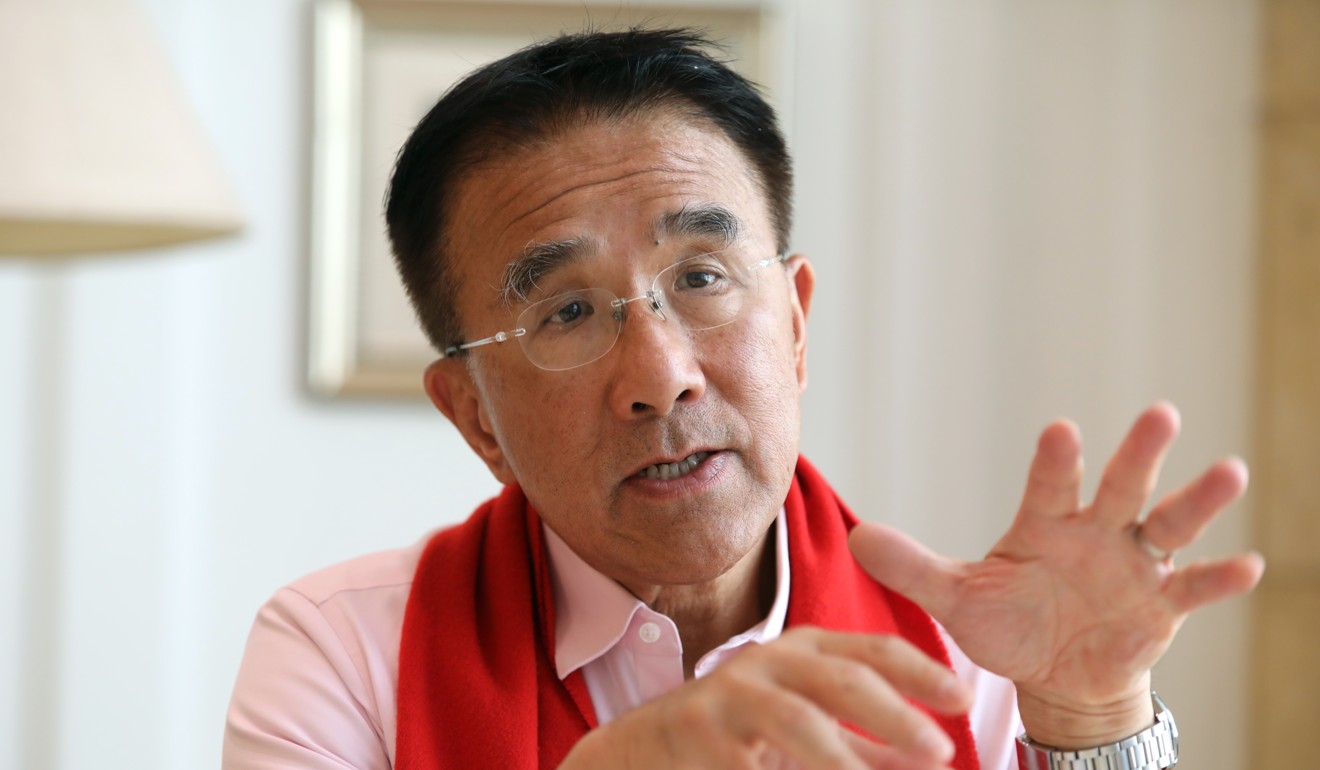Chinese Premier Li Keqiang says foreign investment law shows Beijing is serious about opening economy further
- New foreign investment law will improve market access, protect intellectual property rights and end forced technology transfer, Li says
- Foreign observers say law is step in right direction, but concerns remain that law does not go far enough amid doubts that it will be effectively implemented

The passage of the new foreign investment law shows China is serious about addressing foreign investors’ concerns, as it continues to open up its domestic market, Chinese Premier Li Keqiang said on Friday.
But while foreign observers agreed the law is a step in the right direction, concerns remain that it does not go far enough. There is also widespread doubt among the foreign business community that it will be effectively implemented.
In total, 2,929 lawmakers at the National People’s Congress (NPC) approved the final draft of the foreign investment law on Friday in the Great Hall of the People, with eight opposing the measures and eight abstaining. The new law will come into effect on January 1, 2020.
The law will ban forced technology transfer and illegal government “interference” in foreign business practices.
At the annual press conference following the closing of the NPC, Li did not directly respond to questions about whether revisions to the law were in response to US demands for better market access, intellectual property protection and an end to forced technology transfer to conclude a deal to end the trade war. But he sought to reassure that the government would protect the interests of foreign investors.
“Opening up is China’s fundamental state policy, it has delivered real benefits to Chinese people and the world, so why wouldn’t we go ahead with it? If we make a promise of opening up, we will certainly deliver,” said Li.
“For example, last year we lifted foreign ownership restrictions in some areas including infrastructure [and] we’ve seen a number of projects delivered. Last year China was the largest recipient of foreign direct investment among all developing countries. Going forward, we will continue to listen closely to the views of various parties and will keep China open.”
Li stressed that the foreign investment law will also regulate officials’ behaviour, making sure foreign investors’ rights will be protected.
The new law will replace three foreign capital laws – the Law on Sino-Foreign Equity Joint Ventures, the Law on Sino-Foreign Contractual Joint Ventures and the Law on Foreign-Capital Enterprises – passed between 1979 and 1990 in the early years of China’s process of reform and opening up.

It has been criticised for being too general, leaving many details to be addressed in other regulations and implementation procedures.
The European Union Chamber of Commerce, which represents EU firms doing business in China, welcomed the enactment of the foreign investment law, saying the approval increases the likelihood that Beijing’s promises regarding opening up “will become a reality”.
However, it repeated its concerns that the ambiguous wording of some clauses raise the possibility of problems with implementation.
More than anything else, foreign companies want equal treatment and opportunities.
The chamber said that despite two rounds of public consultation, the law still contains “vague” clauses that would give China the power to take unilateral action against trading and investment partners if the government felt it was being treated unfairly in a foreign country.
In that regard, the new law creates further uncertainty for foreign companies, the chamber said.
“More than anything else, foreign companies want equal treatment and opportunities,” said Mats Harborn, president of the European Union Chamber of Commerce in China. “While not all of our concerns were addressed in this law, it is time to move forward. We will closely monitor the law’s implementation to ensure that it is fully respected at all levels of government and in all corners of this country.”

Michael Tien Puk-sun, a Hong Kong representative at the NPC, was clearly frustrated that the law did not go further and took so long to complete.
“If it needs to be updated again, is it necessary to wait for 30 years? Can you hurry up? Courier services, film production, are not open [for foreigners] to invest,” Tien said. “I think these do not involve national security, why not make them available soon?”
An earlier draft of the law received a lukewarm response from some quarters, with the American Chamber of Commerce in China complaining about a lack of consultation and detail.
“We are concerned that such an important and potentially far-reaching piece of legislation will be enacted without extensive consultation and input from industry stakeholders,” it said earlier this week after revisions were incorporated in the draft law.
In his press conference, Li made clear that the government is planning further measures to open the economy up to foreign investment.
Among the measures, China will issue a revised “negative list” – a list of industries and sectors in which foreign investment is limited or prohibited – that has been pared down from the previous edition, opening up more sectors for foreign capital, Li said.
The government will also revise a separate law governing intellectual property protection and introduce a mechanism for punitive compensation to ensure all infringement of intellectual property will be “seriously dealt with so such infringement will have nowhere to hide”, said Li.
“We also hope that foreign governments can view in an objective light that cooperation between Chinese companies and their foreign partners is based on contractual consent … China’s opening up measures will not come only on a one-time basis, they will be introduced quarter after quarter, year after year,” said Li.
Additional reporting by Zhuang Pinghui